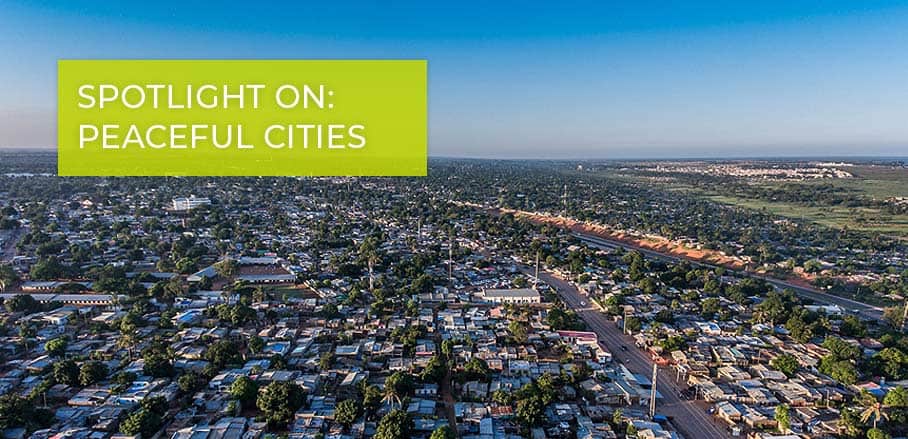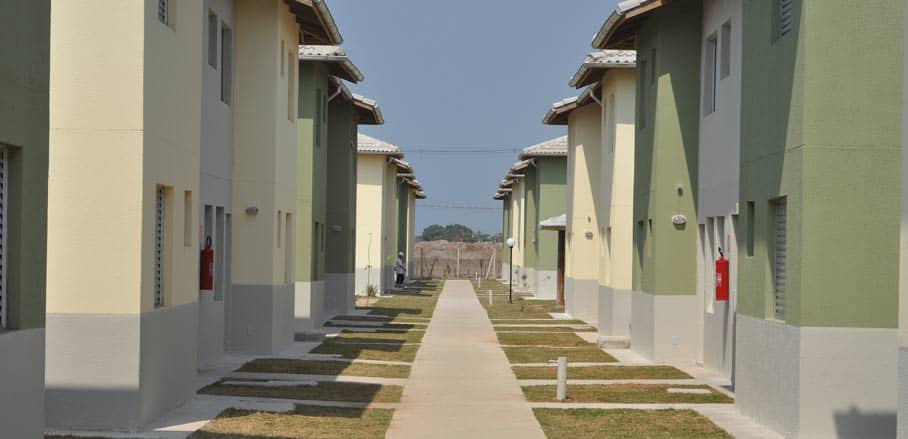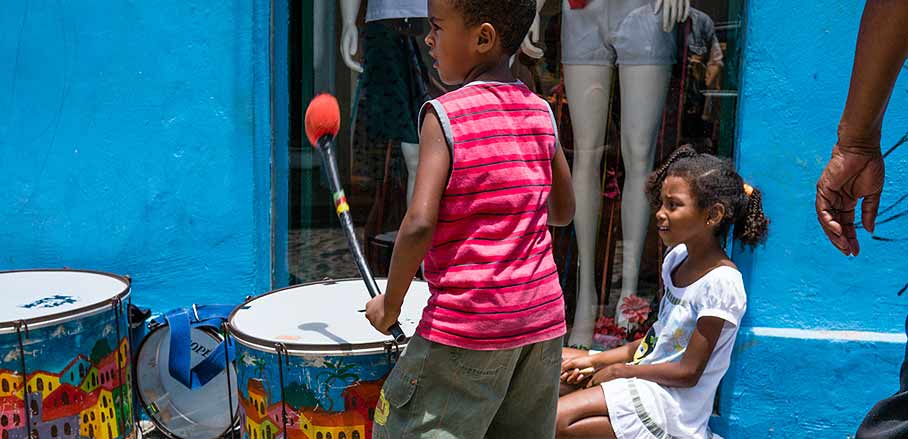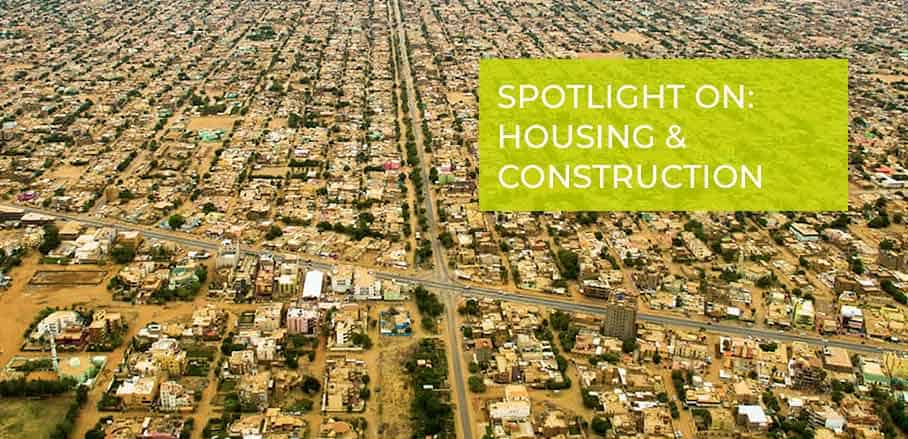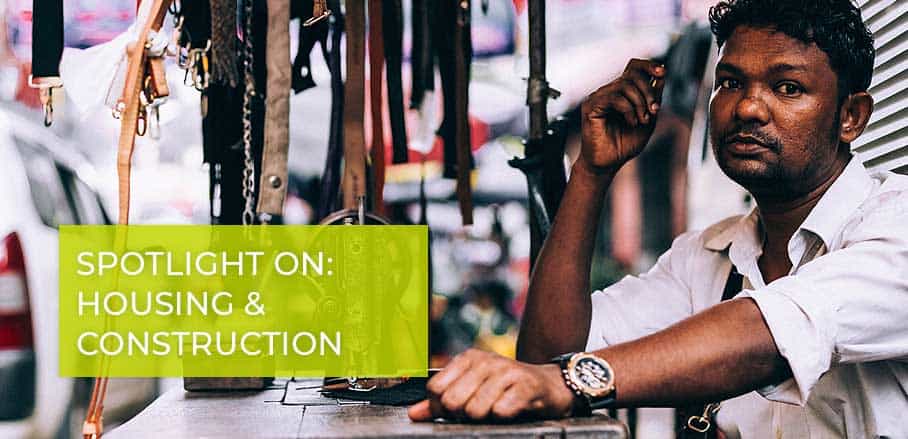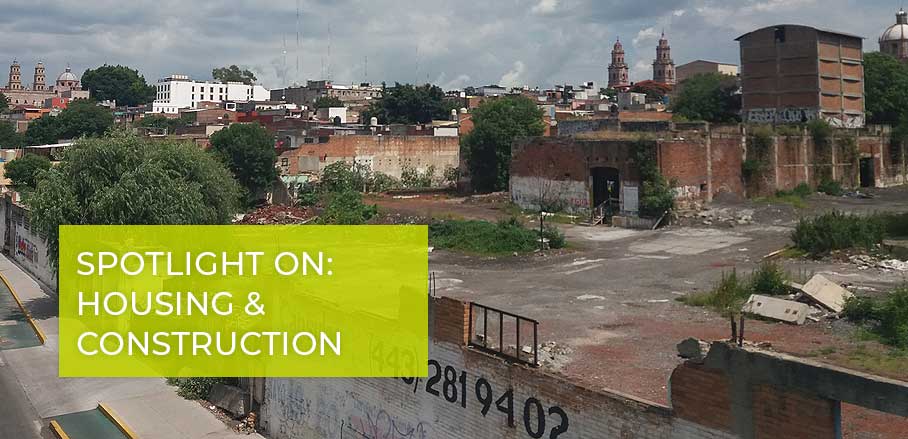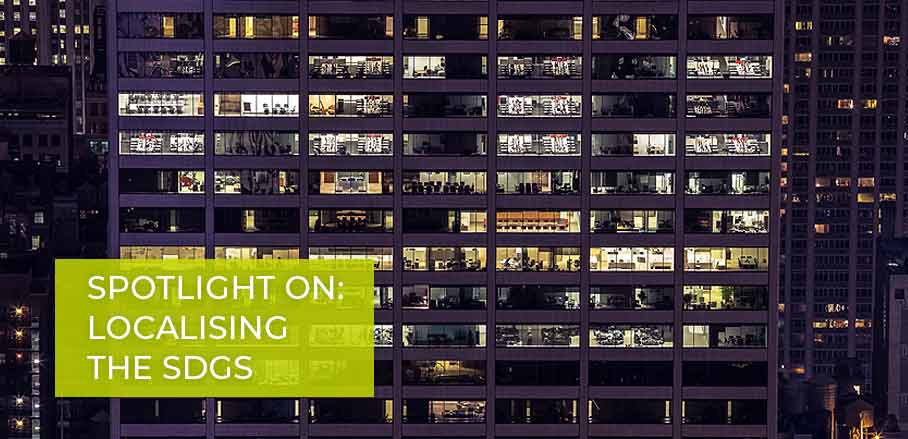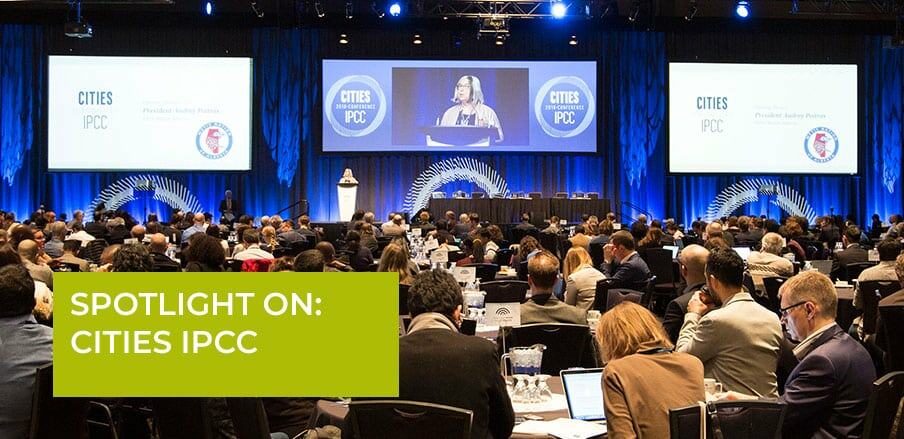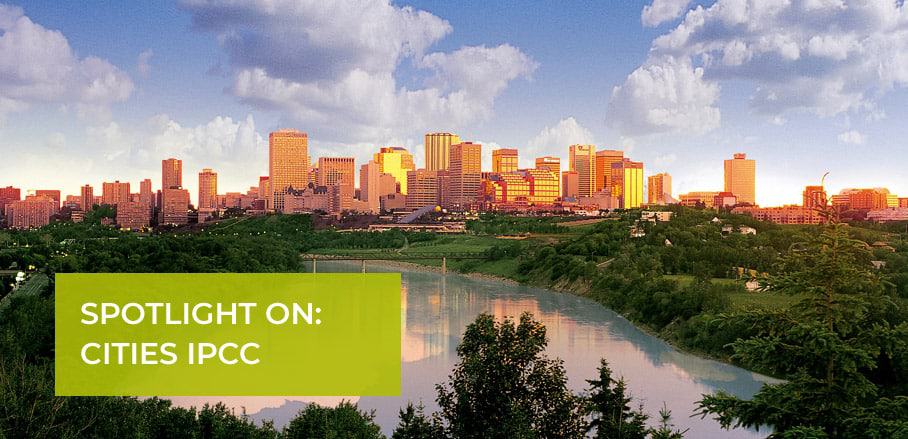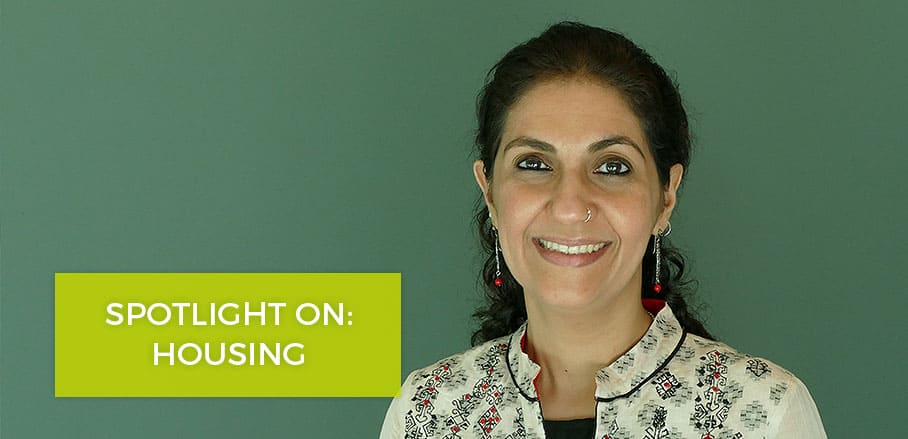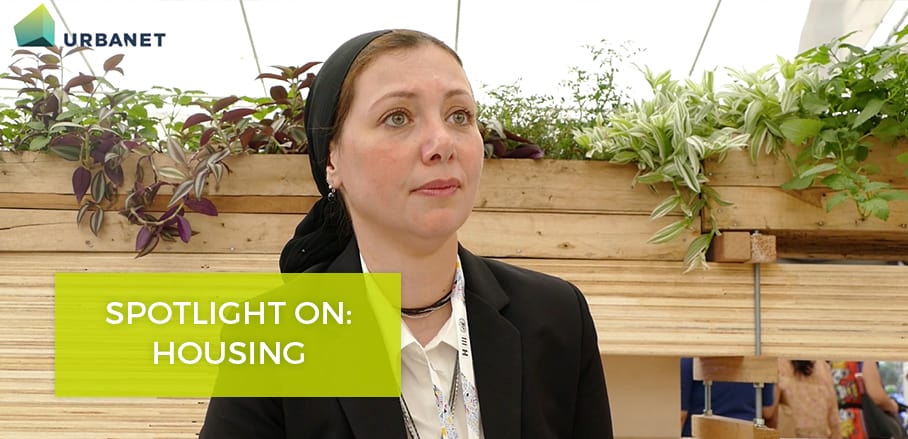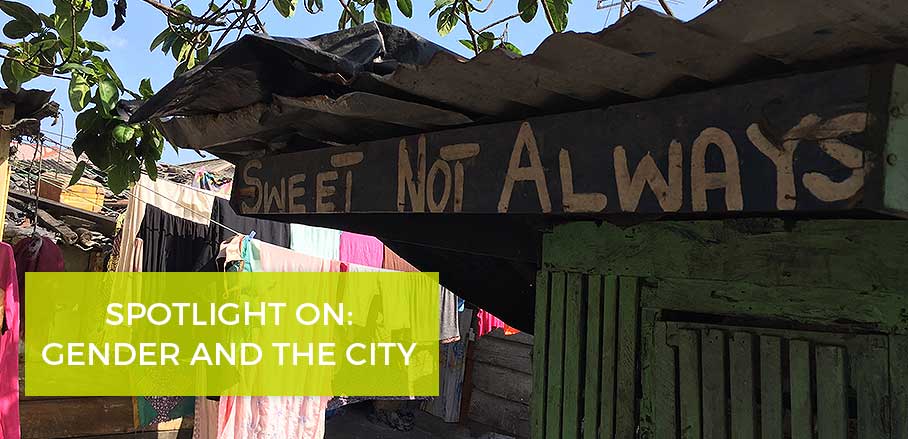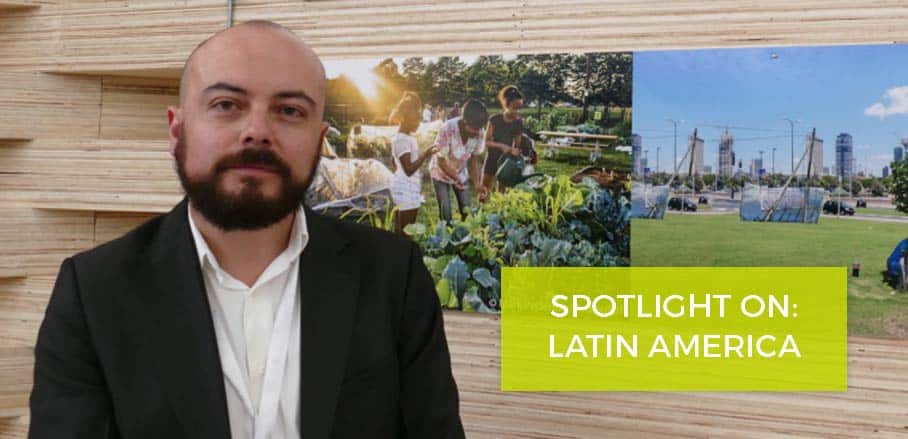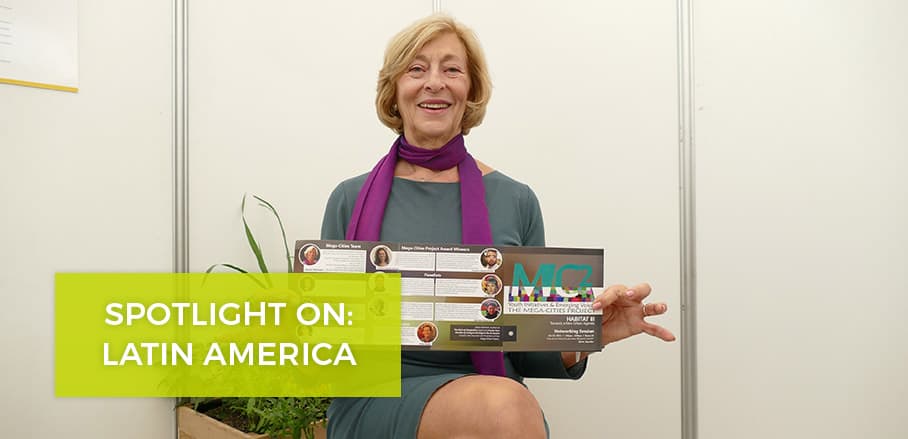Casa Minha Nosso Bairro: Inclusive Urban Development in Maputo, Mozambique
Projects aimed at the upgrading of settlements often face the question of how to increase living standards for all residents – while keeping housing costs at a level affordable for the original population. The initiative "Casa Minha Nosso Bairro" takes an innovative approach towards this issue, aiming at living conditions that nurture a peaceful living environment for all urban residents
